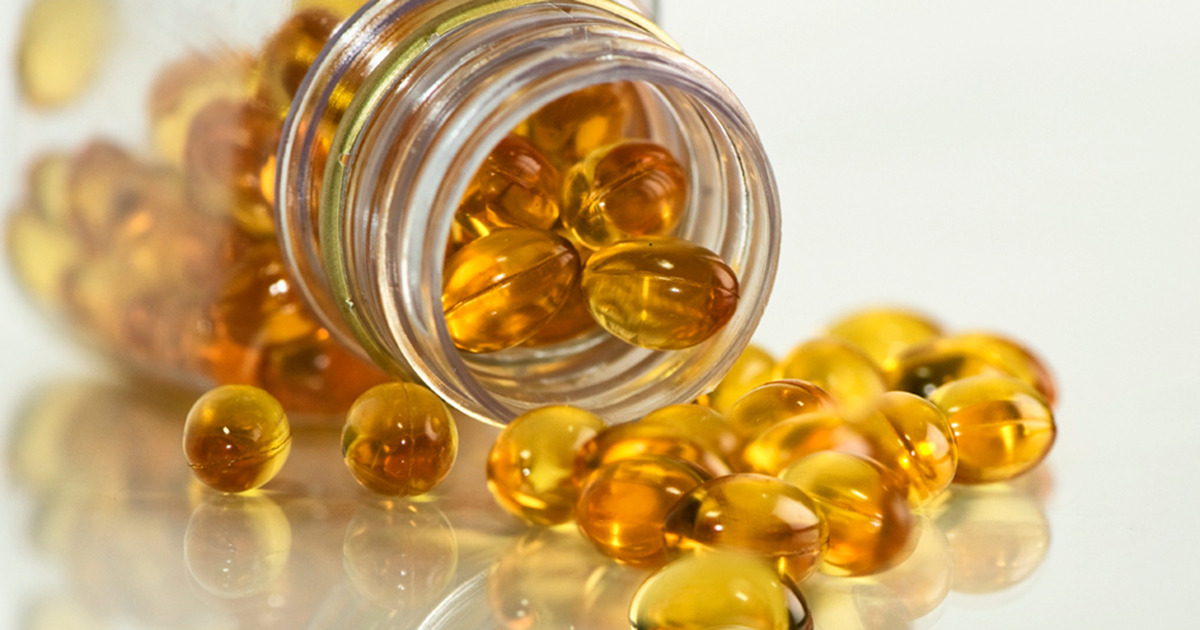Effective Strategies for Lowering Your Triglycerides
9. Take Fish Oil

Studies show individuals can decrease their blood triglycerides if they take fish oil supplements. Fish oil is available in most grocery stores and pharmacies as an over-the-counter dietary supplement. The supplements effects on cardiovascular health have been well-studied and documented. One study showed adding fish oil supplements to a regular diet could decrease triglycerides by an average of forty-eight percent. Like fatty fish, fish oil supplements have high levels of omega-3 fatty acids. There are other cardiovascular benefits besides decreased triglyceride levels as well. Fish oil increases 'good' cholesterol without increasing 'bad' cholesterol. It reduces elevated levels of blood pressure, reduces the risk of fatal arrhythmias, and might prevent the development of artery-hardening plaques.
10. Turn To Medication

If lifestyle and diet changes haven't had a significant enough impact on an individual's triglyceride levels, they can turn to medication to help. There are a few different medications that can lower triglycerides, both on a quick basis and on a more long-lasting level. Fibrates and nicotinic acid can both lower triglyceride levels. If individuals take high omega-3 doses, this can have a marked impact on their triglycerides levels, but high doses should always be taken with a doctor's supervision. There are prescription-level omega-3 medications. Depending on a patient's health needs, a doctor might also prescribe a statin medication to lower a patient's overall cholesterol levels and improve cardiovascular health. Prescription-strength nicotinic acid is vitamin B3 given in high and concentrated doses. Meanwhile, fibrates lower the body's production of triglycerides and boost 'good' cholesterol.
